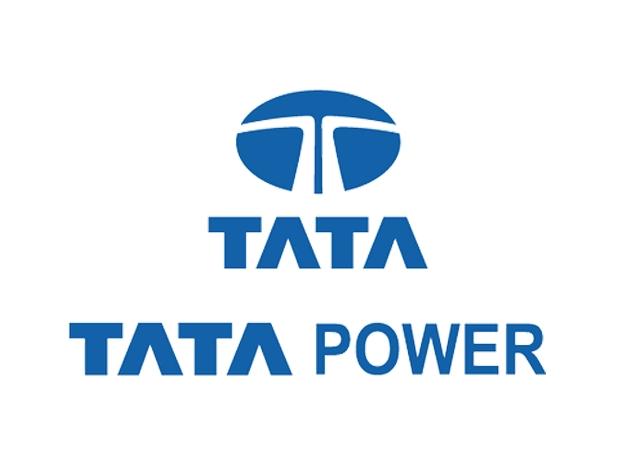
Abbot India, Ipca Laboratories, Jubilant Foodworks and Tata Consumer are among the six stocks that have been added to the MSCI India Domestic Index (See document), while there have been five deletions, which include Ashok Leyland, Bank of Baroda, Cummins India Kirloskar and M&M Financial Services.
MSCI India Domestic Small Cap Index (see document), on the other hand, has seen 52 deletions which include BSE, Venky’s India, Jammu & Kashmir Bank, Power Finance Corporation and Dish TV India. IndiaMart Intermesh, Mishra Dhatu Nigam, Nippon Life India and Relaxo Footwears are among the 13 added to this index. Though changes in both these indices have been announced, they will take place as of the close of May 29, 2020.
Domestic equities, according to a recent report by Emkay Global, are expected to see inflows to the tune of $250 million (Rs 1,900 crore) on account of this semi-annual rebalancing of the MSCI India Index, which is tracked by funds worth $14 billion (Rs 1 trillon).
It had anticipated Tata Consumer, Torrent Pharma, Jubliant Foodworks, and Biocon as key inclusion candidates, which it said, are expected to see inflows in the range between $50 million (Rs 380 crore) and $85 million (Rs 640 crore).



